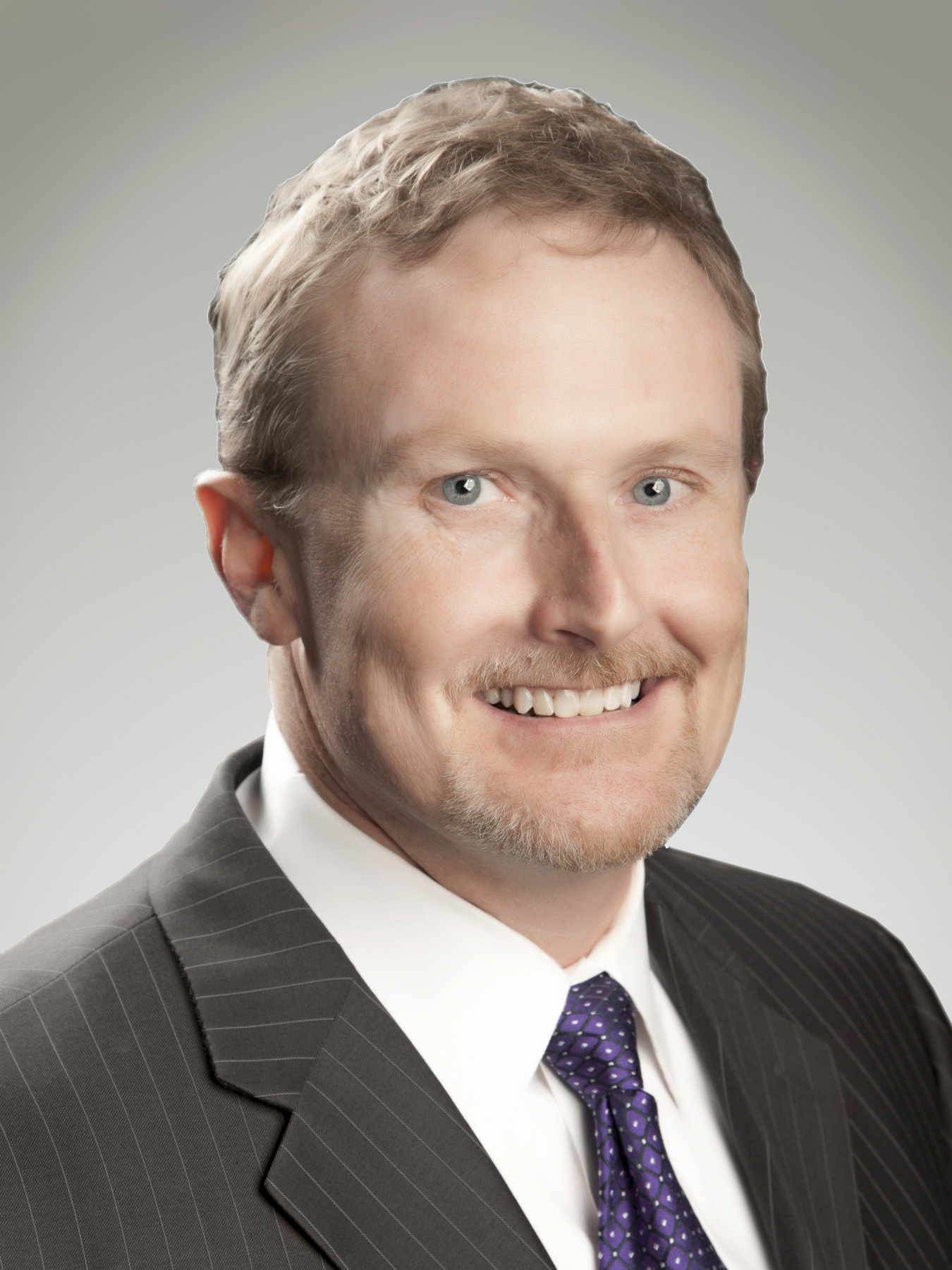Good people come into my office every day and ask a basic question: I have a disability - do I qualify for Social Security disability benefits? What is the likelihood of securing those benefits? And how long will it take?
The answers differ with every case.
That all said, securing that benefit is a process - of gathering, organizing and presenting documentation, and of presenting your case to an administrative judge. Is medical documentation compliant under the Administration's standards? Documentation cannot be simply made up, or come from anyone. Medical and non-medical records - especially work and vocational records - are central to presenting your case successfully.
And it is, without a doubt, an all-or-nothing proposition. Either you meet the standard of having a disability or you don't. You can even be working - so long as you are making less than $1,000 per month - and still qualify, if your disability prevents you from working more. They have lots of special terms - like "Residual Functional Capacity" and "Substantial Gainful Activity" - which come with precise definitions and apply strict standards.
Furthermore, your disability may not even be permanent - but it must have lasted - or be expected to last - at least 12 consecutive months. But, especially with younger people, the Social Security Administration will return to review your benefit after a certain amount of time.
There is no doubt about this: Your chances of securing benefits are enhanced substantially with experienced counsel. Yes, some people will try to go it alone, or bring in a representative who is not a lawyer. It will be easier for you - and you will know where you stand, much faster - if you have qualified legal counsel.
In fact, an attorney with experience in making these kinds of cases can usually tell you from the outset whether yours is a meritorious claim. You'll save yourself a lot of time - and grief. You'll have a stronger case as well.
The court process for reviewing disability claims is never fast, but it's getting better. If we get the court staff the material it needs, we can get to a hearing faster. But every case is different, and as I said it is all very fact-based - we must prepare and gather information for your claim. At a certain point, with all the information collection and adherence to standards, sometimes the process doesn't bear much resemblance to the real world.
I sit on the board of an organization called the Independent Living Resource Center, which helps people with disabilities, their families and caregivers - and promotes live-at-home options for the disabled. The fact is, the institutional nursing home industry is a powerful political force, and it promotes their own interests of filling up their institutions. I'm proud to communicate and promote the other option for the disabled - of living at home, independently. Not only is it more cost-efficient, but it is a dignified and sensible option that should never be ruled out.
I've built my practice based on a pretty simple principal: Do the best we can for our clients, and the money will take care of itself. That may not sound very businesslike, and it probably isn't. But I feel good about it. I know if we do a good job for our clients, and secure for them what they are entitled to, more will follow.
At the end of the day, I know we are doing something very, very important. We help people get on with their lives - and live better lives. If something like that doesn't get you into the office every day, I don't know what will.

Fax: (316) 462-0780
Newman University, Wichita, Kansas, B.A., summa cum laude, 1983
University of Kansas School of Law, J.D., 1986
PROFILE DEVELOPED 2009



